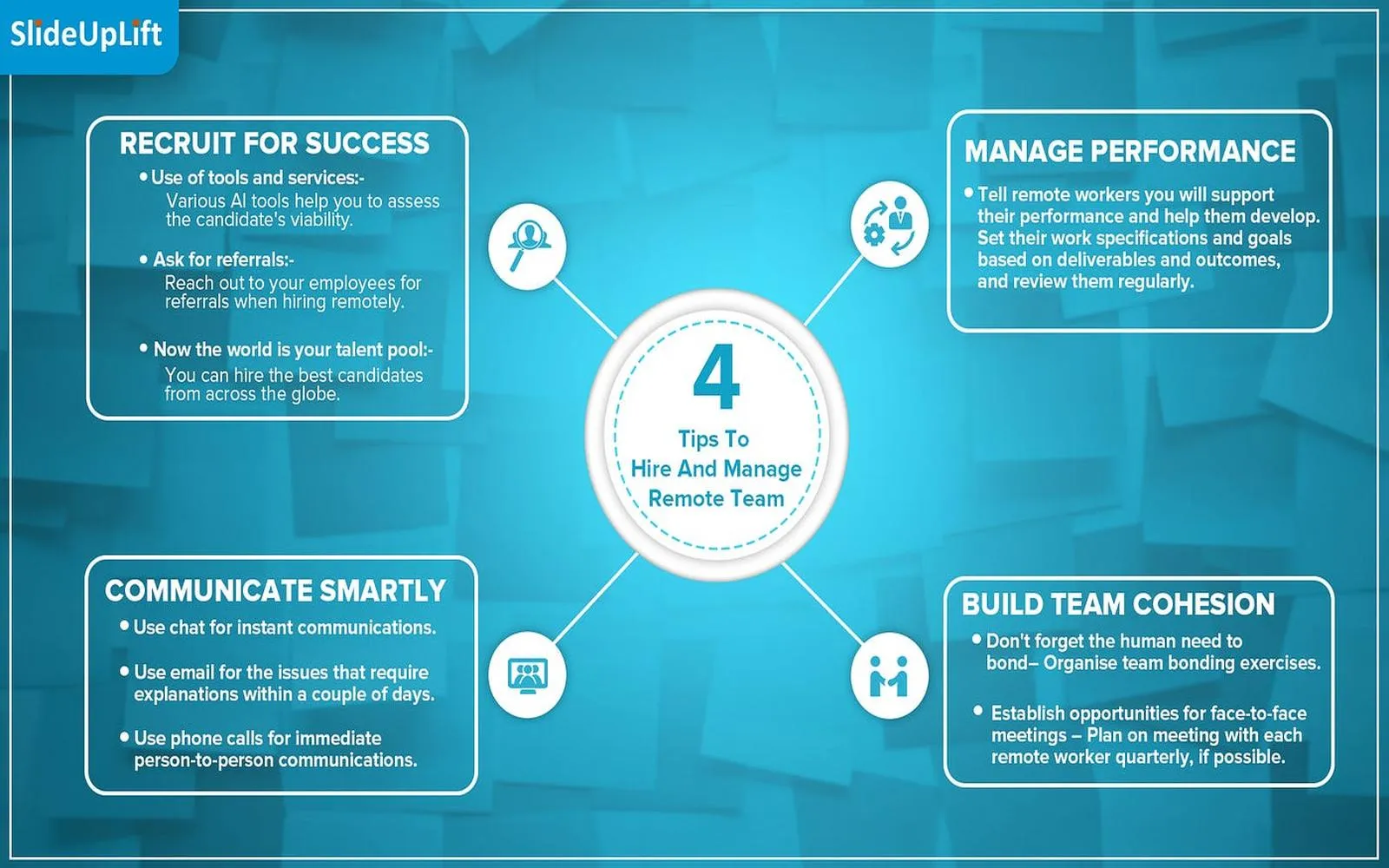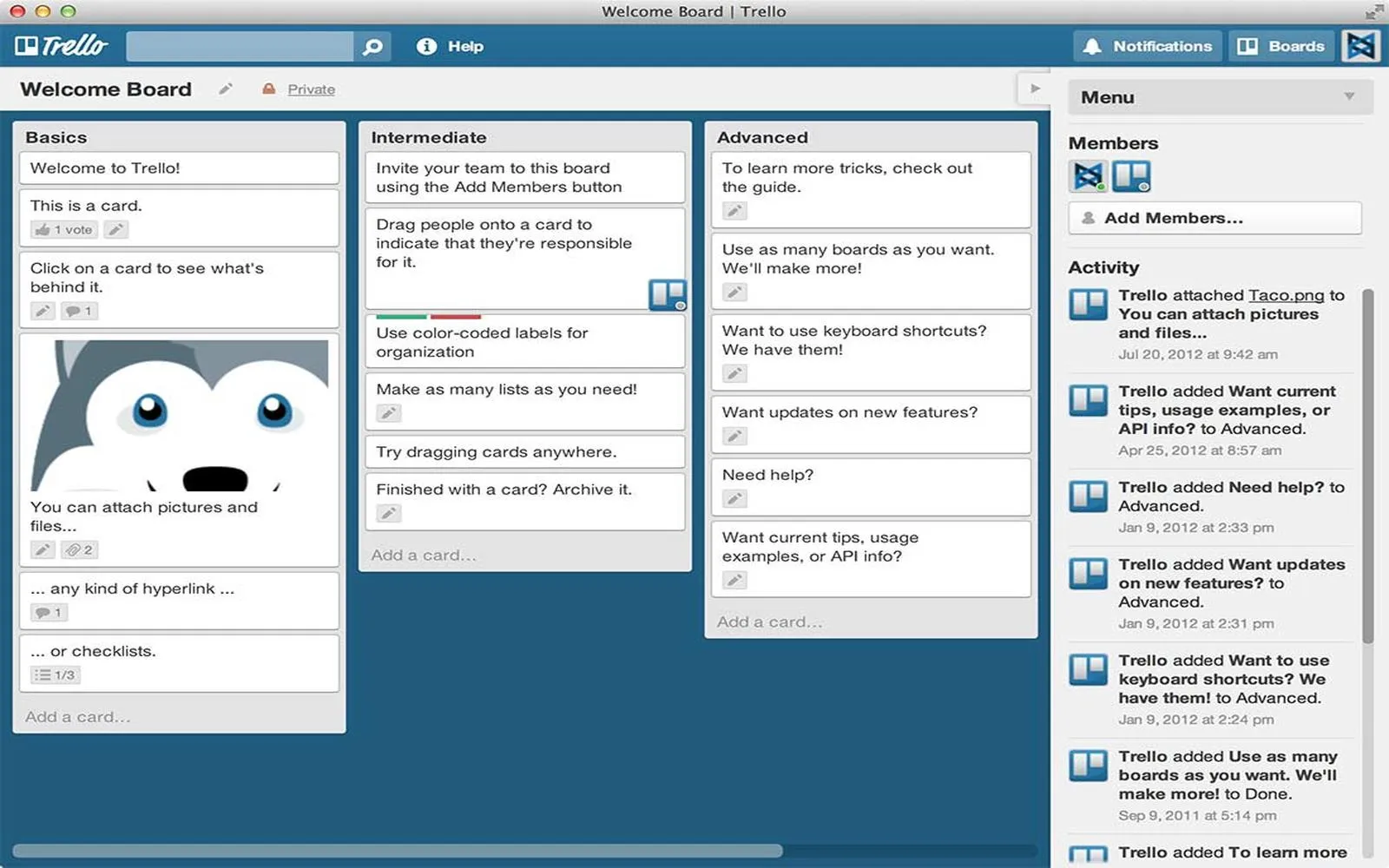Hiring a remote team can be an effective way to access a global talent pool while reducing overhead costs. In this guide, we will outline the key steps and considerations to help you successfully hire a remote team. Let’s explore the essential aspects of the process.
Define Your Needs
Before you start the hiring process, it’s crucial to have a clear understanding of your project requirements. Consider the following factors:
- Roles and Responsibilities: Identify the specific roles you need to fill. Are you looking for developers, designers, or marketing specialists?
- Skill Level: Determine the skill level required for each position. Will you need senior-level experts, or can you manage with mid-level talent?
- Time Commitment: Assess whether you need full-time, part-time, or freelance team members.
Choose the Right Platforms
There are numerous platforms available for hiring remote teams. Each platform has its own strengths, so choose one that aligns with your needs. Here’s a comparison of popular platforms:
| Platform | Best For | Cost |
|---|---|---|
| Upwork | Freelancers across various fields | Variable (hourly or project-based) |
| Professional networking and job postings | Free and Premium options | |
| Toptal | Top-tier developers and designers | Higher rates, premium service |
| Remote.co | Remote work-specific roles | Variable |
Screen Candidates Effectively
Once you have sourced candidates, it’s essential to screen them thoroughly to ensure they meet your expectations. Here are some effective screening techniques:
- Resume Review: Look for relevant experience and skills that match your requirements.
- Technical Assessments: If applicable, give candidates a technical task to assess their skills.
- Interviews: Conduct video interviews to evaluate their communication skills and cultural fit.
Evaluate Cultural Fit
Hiring for cultural fit is crucial, especially in a remote setting. You want to ensure that team members align with your company values and can work collaboratively. To assess cultural fit:
- Ask Behavioral Questions: Pose questions that reveal how candidates react to various situations.
- Discuss Work Preferences: Understand how they prefer to communicate and collaborate with others.
Onboarding Your Remote Team
Once you've hired your remote team, an effective onboarding process is vital to ensure they are set up for success. Consider these steps:
- Provide Clear Documentation: Share company policies, project guidelines, and any tools they'll need.
- Set Up Communication Tools: Use platforms like Slack, Zoom, or Microsoft Teams for seamless communication.
- Establish Goals: Clearly outline expectations and goals for the first few months.
Foster Team Collaboration
With a remote team, maintaining collaboration can be a challenge. Here are some strategies to foster teamwork:
- Regular Check-ins: Schedule weekly or bi-weekly meetings to discuss progress and address any concerns.
- Use Project Management Tools: Tools like Trello, Asana, or Monday.com can help keep everyone aligned on tasks.
- Encourage Social Interaction: Create opportunities for team members to connect on a personal level, such as virtual coffee breaks.
Measure Performance and Provide Feedback
To ensure your remote team is productive and engaged, it's important to regularly measure performance and provide constructive feedback. Here’s how:
- Set Clear KPIs: Define key performance indicators (KPIs) that align with your business objectives.
- Conduct Performance Reviews: Schedule regular reviews to evaluate individual and team performance.
- Give Constructive Feedback: Provide actionable feedback to help team members improve and grow.
Conclusion
Hiring a remote team can be a rewarding experience that opens up new opportunities for your business. By following these steps, from defining your needs to measuring performance, you can build a successful remote team that drives results. Remember, the key to a thriving remote team lies in effective communication, collaboration, and continuous feedback. Embrace the journey and leverage the global talent pool to elevate your business.





